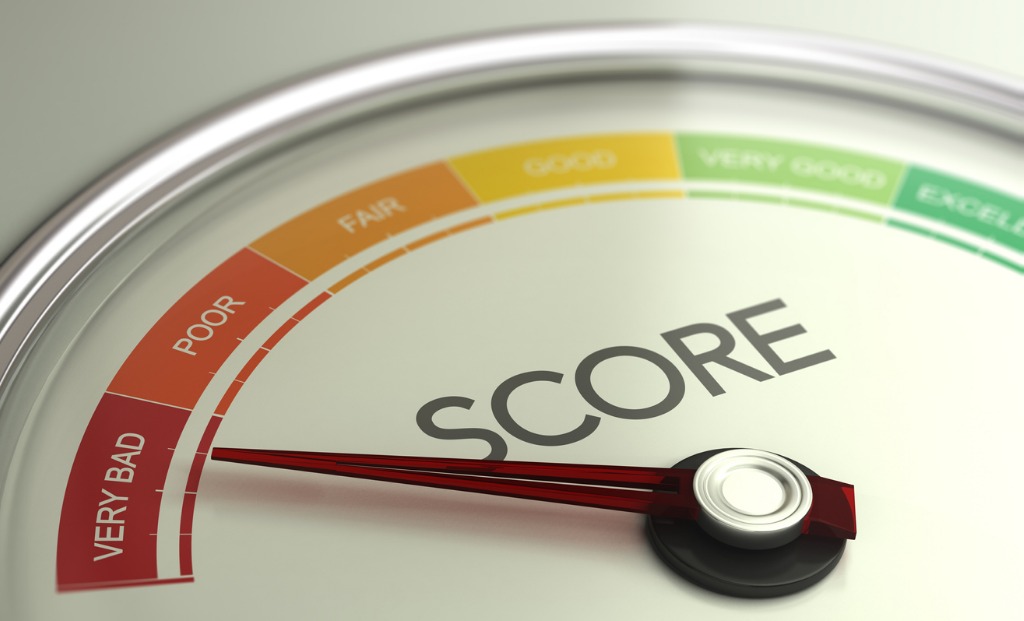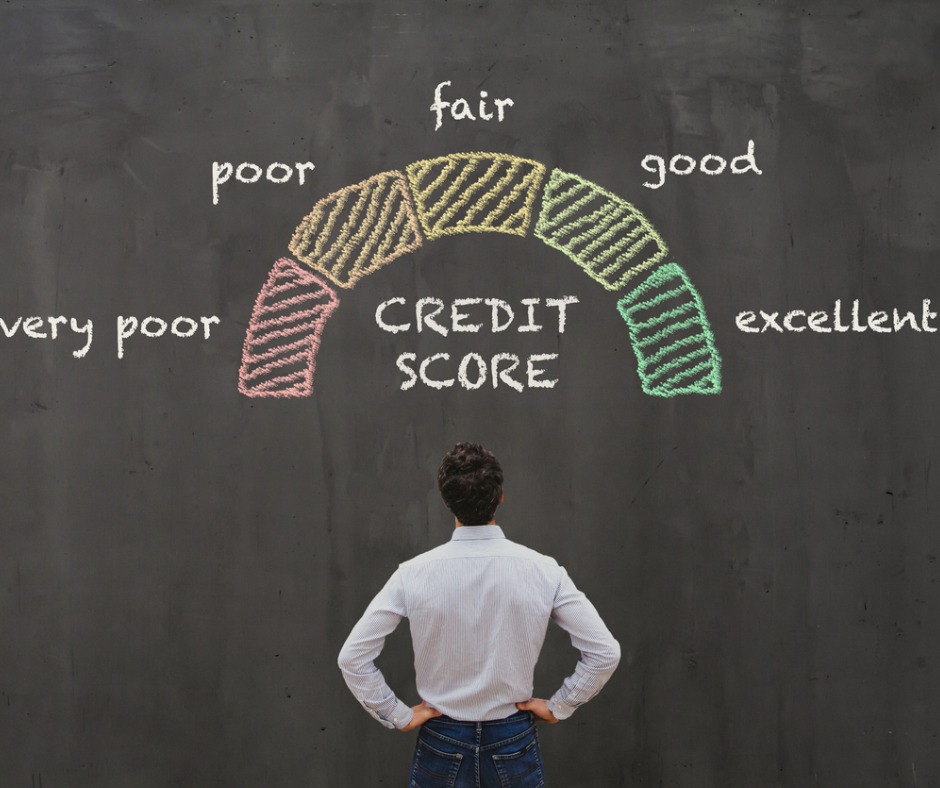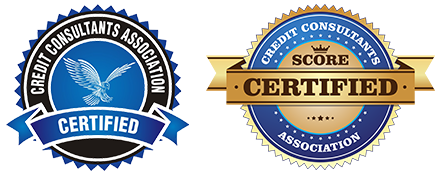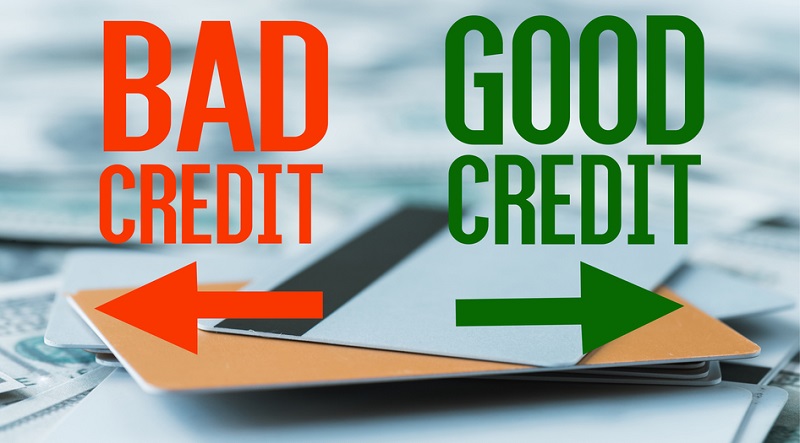Top 7 Tips On How To Fix Horrible Credit & Why Having A Good Credit Score Matters.

How to fix horrible credit? Like your reputation, your credit takes time and effort to build – but it takes a short moment to "undo" your progress. And once you cross that bridge, it can take down your all-important credit score with it, which can take a while to repair.
How to fix horrible credit? Like your reputation, your credit takes time and effort to build – but it takes a short moment to "undo" your progress. And once you cross that bridge, it can take down your all-important credit score with it, which can take a while to repair.
Damage to your credit score can be pretty fast and very frustrating. And, you may not realize how bad your credit score is or its impacts until you apply for loans such as a mortgage, and you get a big, fat denial.
Learn How to Fix Horrible Credit.
To many, a credit score may seem like a distant and abstract figure that doesn't impact their lives, but nothing could be further from the truth.
Your credit score has a significant impact on your life: Your home, your car, your job, even your dating life can be affected by a horrible credit score.
Is My Credit Score "Horrible" or "Good"?

There are real benefits to understanding your credit score. That's because a good credit score can translate into tangible benefits, such as access to a broader range of loan products, credit cards, and mortgages. Meanwhile, if your credit score leaves little to be desired, knowing your score is the first step to improving it.
Either way, there's no denying it pays to know your credit score and where that leaves you in terms of securing credit cards and other loans.
Most CRA's (credit reporting agencies) have five categories for credit scores:
- very poor
- poor
- fair
- good
- and excellent.
While each of these agencies will use a different numerical scale to determine your score, your score will probably fall into one of the mentioned categories with all agencies.
So, if you find you have a "fair" score with one agency, expect the same result with the others as well.
Here's what a "poor" thru "excellent" credit score looks like from each of the top CRA's in the U.S:
Rating
TransUnion
Equifax
Experian
VantageScore
FICO
VantageScore
FICO
Poor:
Fair:
Good:
Excellent
300-600
601-657
658-719
Over-720
280-579
560-659
660-724
725-850
500-600
601-660
661-780
781-850
300-579
580-669
670-739
740-850
What Affects Your Credit Score?
All CRA's rely on a similar criterion to determine your credits core. Mostly, it comes down to how you've managed your money and debt in the past.
If you start to learn how to fix horrible credit now and begin taking steps to raise your score, you're likely to see a positive change across the board.
So, the sooner you get the ball rolling, the sooner you'll see improvements. And the next step to improving your credits score is knowing what affects it.
Here are a few factors that determine your credit score:
- Credit Utilization Pattern:
- Credit Account History:
- Account Delinquency Data:
- Recent Credit Activity:
- Available Credit:
- And credit Inquiry Activity:
Why Is It Important To Fix And Raise Your Credit Score?

A good credit score is ideal. After all, your credit score is your financial footprint – the way lenders decide how "creditworthy" you are. A higher score signals lenders that you're a financially reliable individual and lower risk.
If you end up having a "poor" FICO credit score, you might have a hard time finding a lender/creditor willing to approve your loan application. And if you have a "fair" score and get approved for a loan product or credit card, the chances are you'll get offered a higher interest rate.
In fact, according to estimates published in a recent analysis by LendingTree, Americans with a "fair" credit score of 580-669 will pay an extra $3,000 in interest on credit cards over several years compared to a person with a 740-799 credit score. Not to mention, your initial credit limit might be on the lower.
But if you have a "good" or "excellent" credit score, it can also increase your negotiating power for better interest rates and higher borrowing limits. Plus, your odds of approval increase.
That's why you must learn how to fix horrible credit and keep your credit score healthy. The worse your score is, the more stressful it will be to borrow money for your house, car, or starting a business.
You get the picture. Surveys show that a bad credit score can even hurt your dating life! We don't want that to happen now, do we? Of course not! Learn how to fix horrible credit,
For this reason, learn how to fix horrible credit yourself or get started with professional credit repair ASAP!
Having good credit has many perks, including making getting credit cards and borrowing money easy, and you get more choices when it comes to applying for credit cards and loans. That's the bottom line. To learn how to fix horrible credit, now.
Even if you find you have a "poor" credit score now, don't fret! There are manageable steps you can take to start improving your credit score.
Do you have a horrible credit score? Or maybe yours isn't as strong as you would like? Whichever the case, if you want to raise your score but don't want to deal with a ton of hassle or stress, it's prudent you come up with a strategic plan for rebuilding your score.
Fix A Horrible Credit!

Yes, learning how to fix horrible credit does take time, but you can make progress if you stop sitting on the fence and get started right away. To save you even more time, below are seven ways to fix horrible credit that doesn't take much effort at all:
1. Make Sure Your Credit Reports Are Accurate
First, before you get to fixing your credit, you need to understand what's hurting your credit. While the three major CRA's – Transunion, Experian, and Equifax- collect accurate credit information, they sometimes fail to hit the mark.
When looking to learn how to fix horrible credit, your first step should be to confirm that all derogatory marks and accounts on your credit report are yours and accurate.
Request reports through AnnualCreditReport.com. If you spot any inaccuracies, such as a paid-off account showing a balance, proceed to lodge a dispute with each agency.
2. Always Pay Bills And Loans On Time
If there's an easy way to improve your credit and boost your score, it would be to pay your bills promptly and repay loans on time. A good percentage of your credits core – thirty-five to be exact – hinges on your payment history.
You need to pay down the debt you owe before the billing cycle ends. Late and overdue payments wreak havoc on your credit report and leave derogatory marks that can be a pain to remove. So, repay bills and loans on time.
3. Lower Your Credit Utilization Ratio
The other significant component that makes up thirty percent of your credit score is your credit utilization ratio. But what is the credit utilization ratio, exactly?
Credit utilization can be the amount of outstanding debt on all your revolving credit sources, such as credit cards, relative to your available credit.
If you have a limit of $5,000 on your credit card and have an outstanding balance of $1,000, you have a 20% credit utilization ratio.
4. Never Default On Payments
Do not default on loans! Again, do not, and I repeat, do not default on payments. It will hurt your credit score.
Defaulting is arguably the easiest way to get derogatory marks on your credit report. Even a single isolated incident of defaulting payment is enough to reduce your credits score and prevent you from getting a home loan, personal loan, or credit card.
If, for some reason, you cannot make the repayment, consider speaking to your lender to get your debt restructured. While this will lower your credit score, it's far better than defaulting.
5. Clean Your Credit Report With Professional Credit Repair Services
Another easy and stress-free way to fix your credit is to work with a professional credit repair company. A credit repair company has the resources to "deep clean" your credit report and improve your horrible credit.
Besides, it's their day job to go through credit reports, spot errors, dispute them, and some will educate you on ways to repair your credit score yourself.
Other tips that can show you how to fix horrible credit include:
- Avoid Applying For Or Taking Multiple Loans Within A Short Time Frame
- Keep Your Current Credit Cards Open And Avoid Applying For Unnecessary Accounts
Don't let inaction keep your credit in a permanent state of decay. With a few strategic actions, such as the ones mentioned above, you can get the needle on your credit score moving in the right direction.
Do you want to dig deeper into how to fix horrible credit or learn how to remove derogatory marks on credit?
Free 5-Day - Start Repairing Credit Challenge - Do It Yourself - Including A Live Expert Question & Answer Session.

Related Articles:
- Frequently Asked Credit Repair Questions and Answers - FAQ's
- How to Start Repairing Credit
- Credit Score Ranges Explained in Terms That You Can Understand
- Top 8 Tips to Raise Your Credit Score
- Better Credit Booster News and Tips
- 101 Credit Tips to Boost Credit Score Points, Today!






